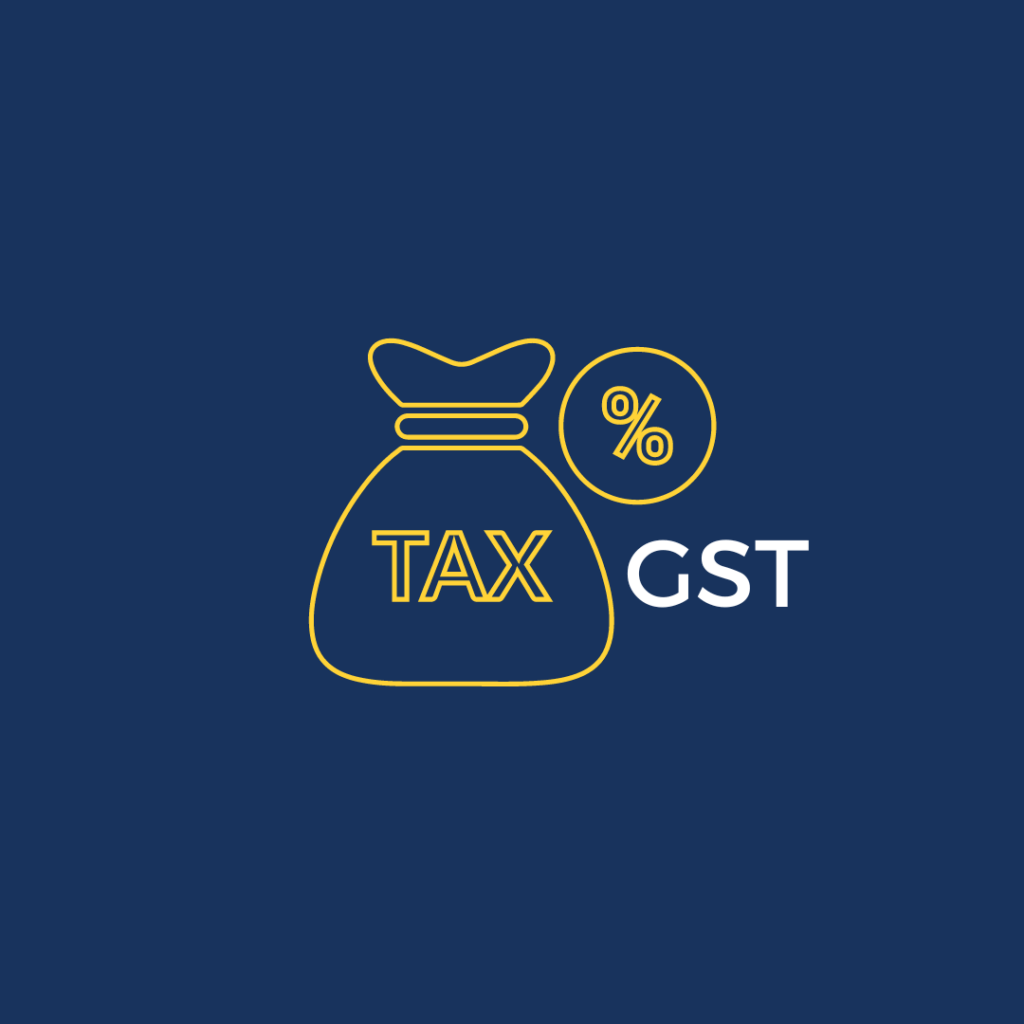
The step-by-step process of bill discounting is given below:


Most banks and NBFCs do not have a fixed interest rate for discounting bills. Any financial institution considers several factors before deciding on the discount, which may vary from customer to customer.
The various factors that go into consideration for deciding the discounting rate are:

In addition to the criteria mentioned above, some general guidelines that affect the eligibility for bill discounting are listed below:

Some of the most common documents required for approving a bill discounting are:

In addition to the criteria mentioned above, some general guidelines that affect the eligibility for bill discounting are listed below:
Bill discounting, as a financial transaction, is beneficial to all the parties involved – the seller, the buyer, and the financial institution. The buyer and the seller can stabilize their fund flow, while the financial institution can use the funds lying with them and make some profit on it.
The specific benefits of bill discounting are as follows:

1.Purpose: Home loans are specifically designed to help individuals or families finance the purchase of a residential property. This could be a house, apartment, condominium, or other types of residential units.
2.Types of Home Loans:
Interest Rates: Home loan interest rates can vary based on factors such as the borrower's credit score, loan amount, loan term, and prevailing market rates. It's crucial to compare rates from different lenders to get the best deal.
Loan Terms: Home loans typically have terms ranging from 15 to 30 years, although shorter or longer terms may be available depending on the lender.
Down Payment: Borrowers are usually required to make a down payment, which is a percentage of the property's purchase price. The size of the down payment can affect the loan amount, interest rate, and mortgage insurance requirements.
Repayment: Home loans are repaid through monthly installments that include principal and interest. Some loans may also require payments for property taxes and homeowners insurance, which can be escrowed by the lender.
Eligibility Criteria: Lenders assess factors such as the borrower's income, employment history, credit score, debt-to-income ratio, and the property's value before approving a home loan.

1. Tax benefits on home loan
To encourage more and more people buy their own house, government of India provides tax deduction on the principal as well as interest paid on home loan. An individual is eligible to claima deduction of up to Rs 1.5 lakh under Section 80C of Income Tax of India 1971 Act in a financial year. While a deduction of up to Rs 2 lakh is allowed on the interest portion under Section 24B of Income Tax of India Act. The deductions under income tax are only available after the construction of the house is complete. You can’t claim the income tax deductions while the property is under construction. Read: to know more about home
loan deductions.
2. Tax benefits on second house:
In case of second house, you are eligible to claim deduction for the entire amount of housing loan interest paid under Section 24B of Income Tax Act.
3. No prepayment charges:
Unlike other loans where lenders charge prepayment penalties on payment made towards home loan , there are no prepayment penalties on floating rate home loans . So, whenever you have surplus money, you can utilize it for making part payment towards your home loan and lower your burden. However, there will be prepayment charges in case of floating rate home loan.
4. Balance Transfer Facility:
In case of home loan you have the facility to transfer your home loan to different lender if he is giving you loan at a lower interest rate.
5. Makes it easy to buy dream home:
For many people buying house with own money is not possible, home loan as it can be repaid in easy monthly installments makes it easier to buy a house.
6. High repayment Tenure:
Among all types of home loan, It has the longest repayment tenure which goes up to 30 years, so one can reduce the burden of equated monthly installments by extending the tenure. Use our house loan EMI calculator to know how EMI change as you change your home loan tenure
Enjoy capital appreciation:
You will also benefit from the rise in prices of the property over time.
Saves you from paying rent:
As rent in metro cities is quite high they put strain on your monthly budget. It is better to pay the EMIs and own a house.